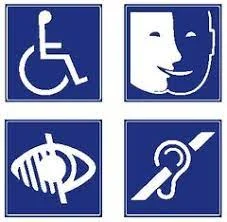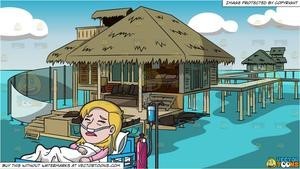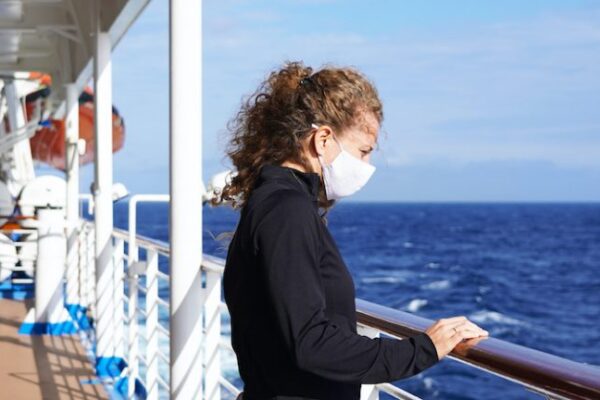The travel, tourism, and hotel industries need to wake up to the fact that one size actually does not fit all.
The current policies and procedures do not meet the needs of emerging and unique target groups. In particular, there is a growing opportunity to focus on senior/silver travelers and individuals with diverse abilities who have specific requirements (i.e., mobility, sight, hearing, psychological and emotional challenges) along with their desire for new travel experiences.
One of the key considerations for these underserved target markets is accessibility. Providing comprehensive information about access features is crucial, including details about wheelchair options, accessible restrooms, ramps, elevators, and room design. Accessible transportation is also essential, ensuring the availability of modified vehicles, ramps, lifts, and parking spaces, as well as accessible public transportation systems that will accommodate individuals using wheelchairs, walkers, and canes as well as those who have sight and hearing impairments.
Adapting accommodation to be more inclusive is another important part of working with these target markets. Hotels, resorts, and vacation rentals should consider features such as wider doorways, grab bars, and roll-in showers; adequate lighting, ramps, and safety surfaces to enhance accessibility. Similarly, tourist attractions such as museums, concert halls, theaters, restaurants, and bars should strive to be accessible to individuals with diverse abilities.
To cater to these target markets, specialized tours and packages can be designed to meet unique needs and wants. Industry staff should be educated and trained to provide appropriate support and assistance, understand accessibility needs, and offer help when necessary. Awareness campaigns can also play a role in promoting the benefits of travel for senior travelers and individuals with special needs.
Collaboration with organizations that specialize in these target markets can be beneficial for sharing information, knowledge, and expertise, creating an environment that works for all guests.
Additionally, developing or enhancing online resources that provide detailed information, user-friendly guides, blogs, forums, chat rooms, and interactive maps can greatly assist travelers in the planning process.





